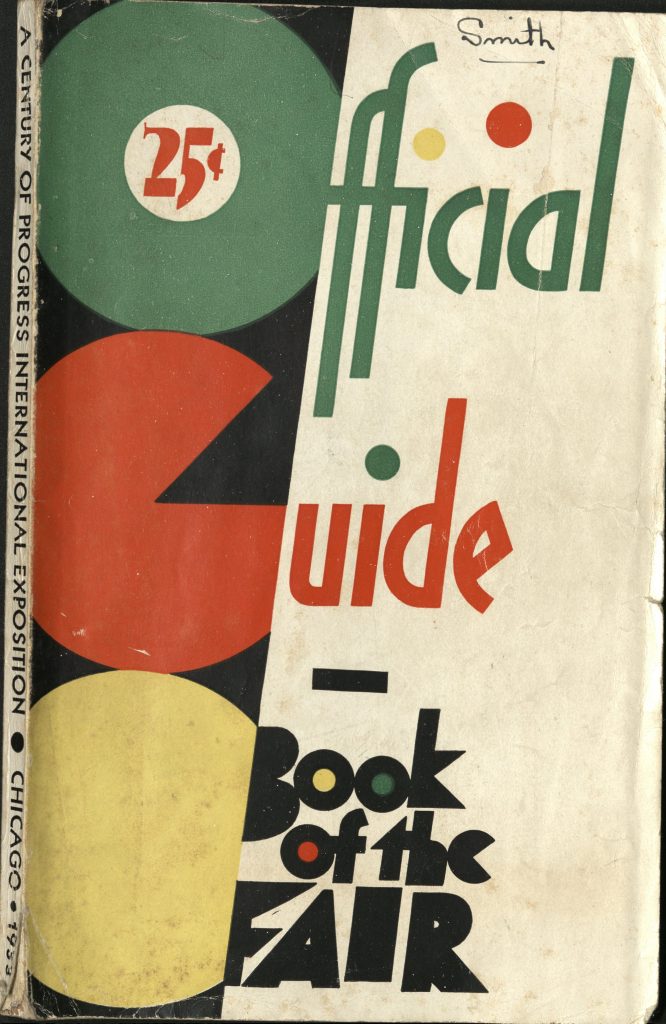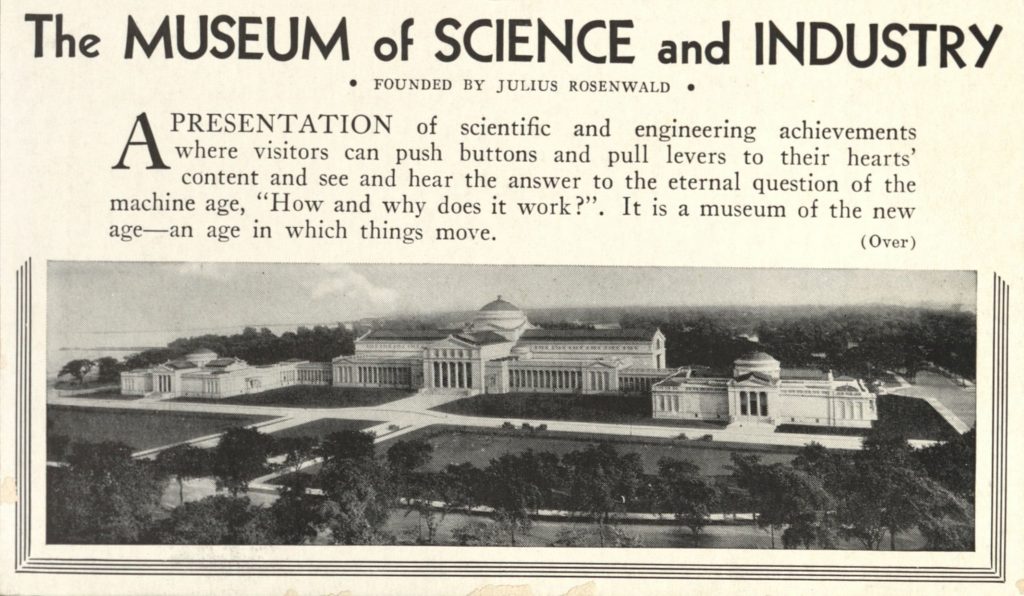May of 2019 marked the 50th anniversary of Howard Lee’s election as the first African American mayor of Chapel Hill. In commemoration of this historic event and in recognition of Lee‘s political legacy, we have digitized and made accessible a selection of audio content from the Howard N. Lee Papers in the Southern Historical Collection. These include recordings of speeches from Lee’s political campaigns for mayor of Chapel Hill and lieutenant governor of North Carolina; several political and community organizing events throughout the 1970s; campaign radio advertisements; family interviews; and even songs Lee performed with the Len Mack Trio while stationed with the United States Army in South Korea from 1959-1961.
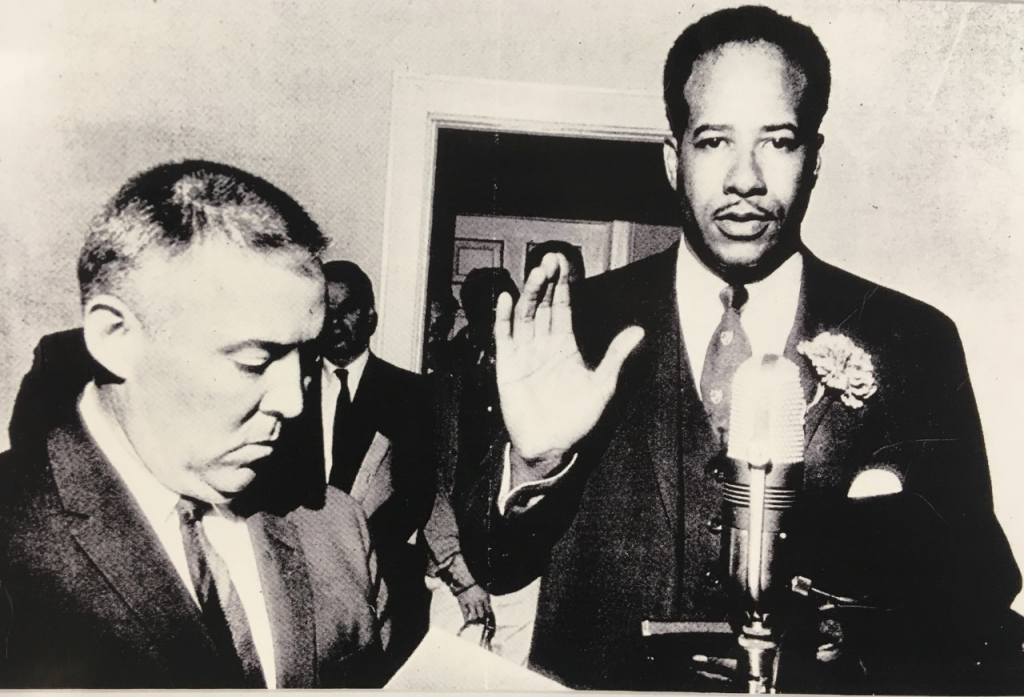
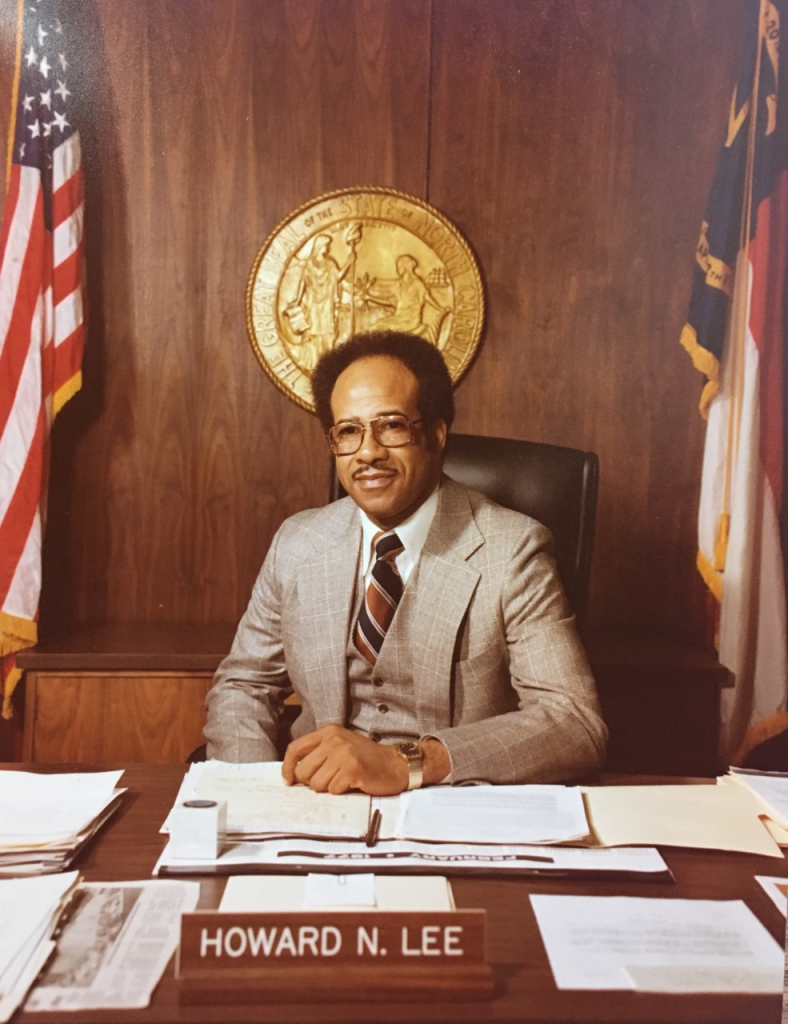
This week, as we commemorate Martin Luther King, Jr. Day, we invite you to listen to Howard Lee’s 1980 speech which celebrates King’s monumental contributions to the Civil Rights movement. Lee’s message remains relevant today. Positioned at the start of a new decade, Lee frames the 1980s as a period during which “conservatism will sweep across the land like we have not experienced for many years […] a conservatism which will say ‘Let’s maintain the status quo. Let’s not rock the boat’” (Audiocassette 46, side 1). These words hold significant weight amidst our own current sociopolitical climate, especially as we, too, enter a new decade forty years later.
Lee adds, “There seems to be an attitude of hopelessness, a willingness to throw up hands in despair, a willingness to become slaves to pessimism and doubt. [But] this system can be saved […] It can be built, not so much on the melting pot form of like a soup, but more in the form of a stew, where people can come together and maintain their identities” (Audiocassette 46, side 1).
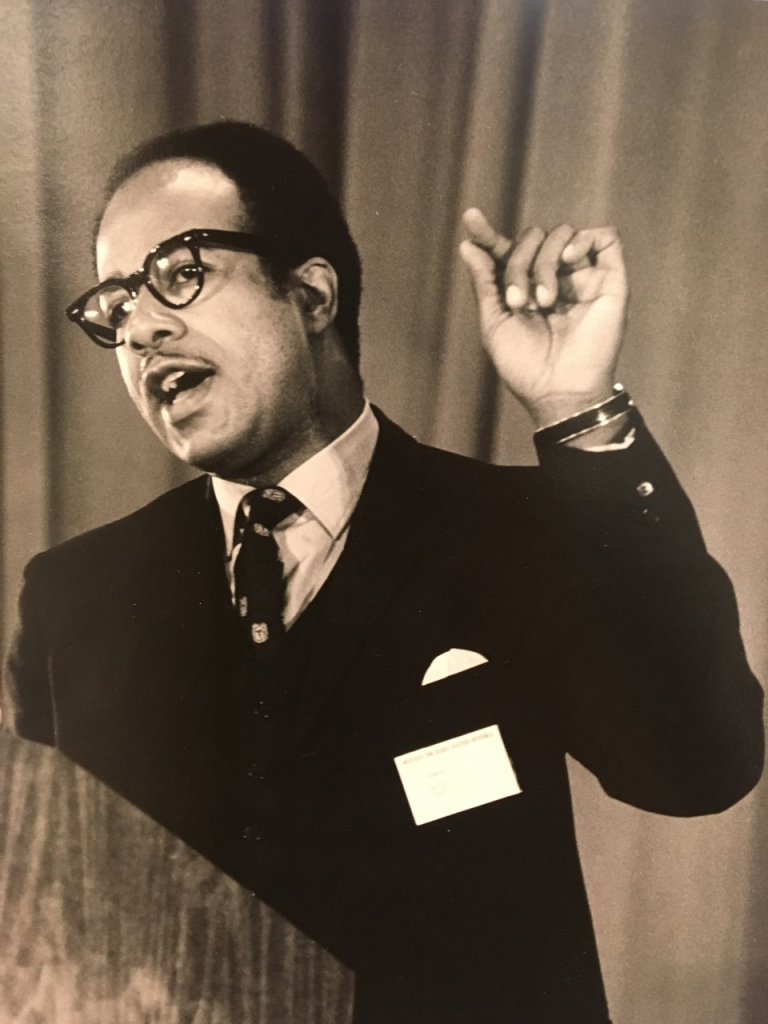
Related to these poignant considerations are observations made in his analysis of “The Black Experience in Politics” just a few months later. Lee suggests the two broad groups — majority white and minority black — generally share different political priorities and attitudes. The responsibility of the black politician thereby becomes a “dual leadership” in the “constant struggle of trying to communicate with the black community without alienating both the black community and the white community” (Audiocassette 48, side 1). “Politics,” Lee says, “is a game of exchange” (Audiocassette 48, side 1). He laments, however, that regarding the vote, “if somebody has to be sacrificed, […] you sacrifice the minority” (Audiocassette 48, side 1).
But Lee’s words call us to action, to a movement steeped in King’s legacy of racial reconciliation. And he reminds us that Martin Luther King, Jr. Day “must be more than just a celebration. It must be a commitment […] a renewed commitment to justice, to freedom, to equality, and above all, to human rights for all people” (Audiocassette 46, side 1).
This vast collection of now accessible digital materials from Howard Lee’s collection is an excellent resource available to you via the online finding aid at https://finding-aids.lib.unc.edu/05609/. The materials that are not accessible online are available for use in the Wilson Library reading room. We are grateful for the generous support from our audiovisual preservation team for digitizing these materials. This work is a part of the Andrew W. Mellon Foundation funded grant initiative, Extending the Reach of Southern Audiovisual Sources.


